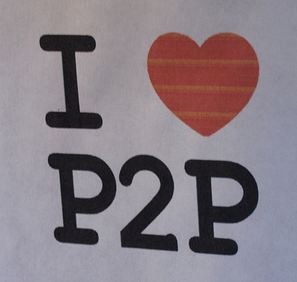The Feds Ctrl + F P2P Files Because They Can
posted Sunday Feb 21, 2010 by Jon Wurm

In 2007 a Nevada resident, Charles Borowy, was convicted of possessing child pornography as determined by the FBI. The FBI agent used software that verified hash marks of files and identified known images of child pornography then used the "browse host" feature in Limewire to download all the offenders hosted files, 4 of which turned out to be illegal. In the end Borowy pleaded guilty and was sentenced to 45 months in prison. The guilty plea did allow him to appeal on the basis that the search and seizure required authorization as per the Fourth Amendment because he thought he turned off the share feature. The San Francisco appeals court just recently ruled that the searches and seizures only require warrants if it "violates a reasonable expectation of privacy." Files shared on a very public P2P network fall outside the reasonable privacy category.
Whatever one's views and opinions on Borowy's hanus crime there is a bigger issue to consider. If the Feds are allowed to potentially invade our online privacy not because there is evidence but to merely see if there's evidence of illegal activities then where do we as American citizens want the line drawn? Eventually this will translate even further into online pirating of music, movies and other copyrighted materials. The user should always know how their software functions and be aware of what they are hosting but the current lawful definition of privacy might need to be updated as times and technology constantly brings untold amounts of change.

